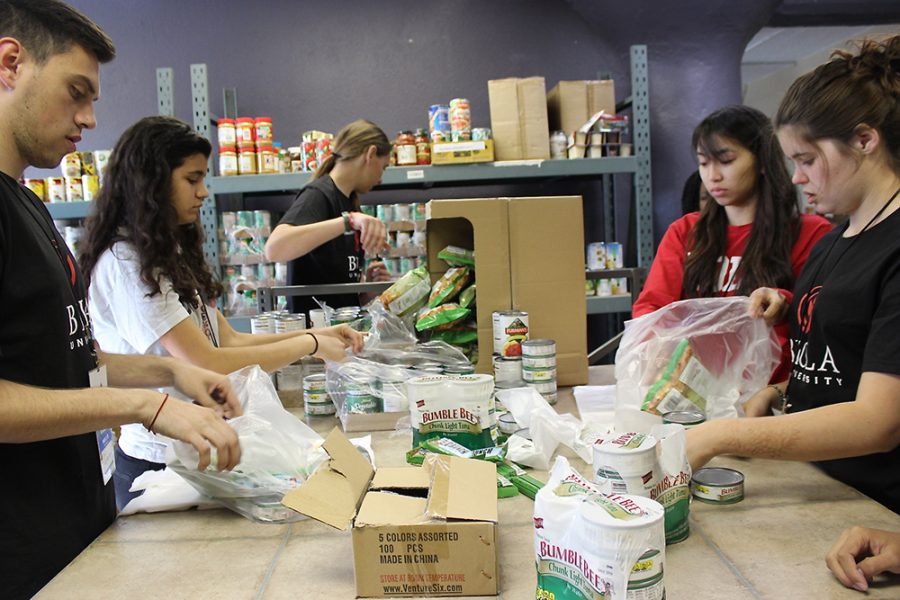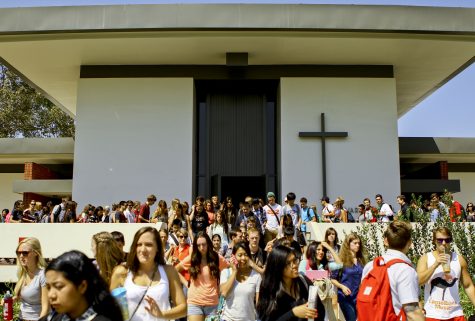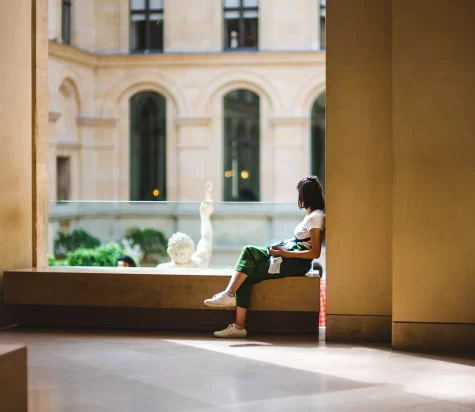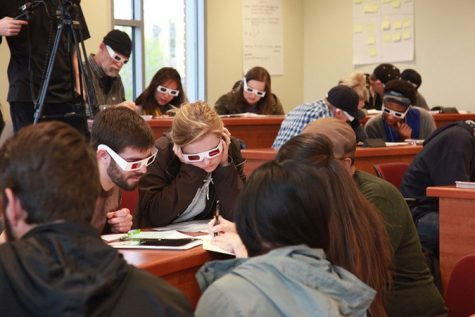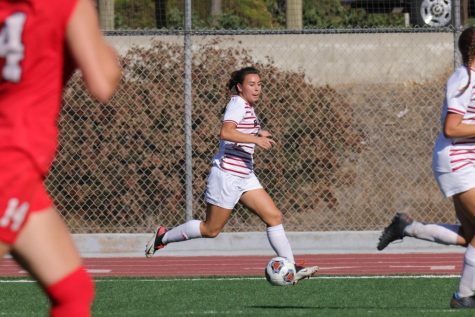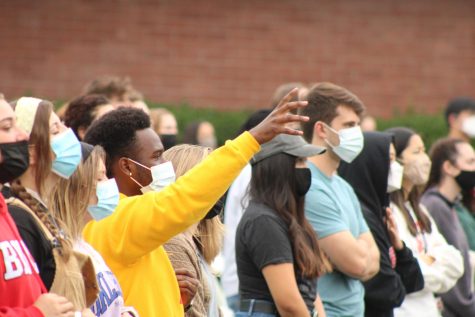Alternative spring break
Biola’s Center for Cross-Cultural Engagement took students to the streets of Skid Row over spring break to promote cultural understanding during the department’s expansion.
May 6, 2015
Biola’s Center for Cross-Cultural Engagement kicked off their first annual Alternative Spring Break, collaborating with the Fred Jordan Mission in downtown Los Angeles as part of the center’s expanding effort to promote cultural understanding outside of Biola’s borders.
From April 6-11, ten students engaged in service learning with the homeless on Skid Row in hopes of experiencing the community’s needs for themselves.
LEAVING THE COMFORT ZONE
While staying at the mission, which has ministered to the needs of the homeless since 1944, students spent time walking the streets of Skid Row, witnessing poverty and destitution, drugs and prostitution, said Gail Buck, director of cross-cultural engagement.
Buck said although many students receive education regarding the suffering within the city, opportunities to fellowship and experience firsthand are rare.
“This Alternative Spring Break gave students an opportunity to step outside of their comfort zone, experience the cruel face of utter poverty in America, see and hear the heartfelt needs of the lost and serve this often overlooked community. This was an opportunity to put the students’ Christian faith and education into action in real world terms,” Buck said.
Buck said mental illness was abundant and the streets smelled of urine. Talking with people on the street, students discovered surprising background stories of former nurses, lawyers, construction workers and sound engineers.
Students serving the homeless distributed food bags and served meals, as well as provided worship during daily community chapel. Homeless children learned a praise dance and students learned from guest speakers and pastors while reflecting on each day’s events.
AN EYE-OPENING EXPERIENCE
Freshman physics major Cameron Peck serves as the Alternate Break Ambassador with the Fred Jordan Mission and contributed to this spring’s effort with the Biola team.
“I had an amazing experience to see what life was like a mere 30 minutes away, in one of the poorest areas in the country. I got to see God work in ways that I could never imagine and be able to see the hope that these people had when they had nothing else to hold on to. The streets were terrifying — seeing drugs and knives everywhere, to seeing prostitutes on the corner of almost every street was very eye-opening, to see all the pain that’s being endured on the streets,” said Peck.
The center hopes to make this mission an annual trip, open to all Biola students in an effort to consistently provide opportunities for service education.
“The most important requirements are an open mind, an open heart, a sincere desire to work with those who are broken, a willingness to learn about the ecology of homelessness and spread the word of Christ,” Buck said.
ENGAGING WITH DIVERSE COMMUNITIES
The Center for Cross-Cultural Engagement opened two years ago, and recently relocated alongside Multi-Ethnic Programs and Development to the new Mosaic Cultural Center space, located in Rose Hall. The space hosts offices, events and room for students to hang out, said Nicholas Jeschke, coordinator for the CCCE. MEPD focuses on serving Biola students and works with diversity within the university.
The development of the Mosaic Cultural Center attempts to fulfill aspirations of Biola’s 20 Year Plan, an infrastructure and community development plan, by promoting “cultivation of competent and courageous candidates” and “nurturing a cross-cultural Christian community,” while extending the university’s worldwide educational reach, their website explains.
Local engagement opportunities include the Alternative Spring Break and outreach within La Mirada and the surrounding area. Faculty Fellows Engaging Community program, led by Buck, involves selected professors going through training in hopes of gaining understanding in the importance of cultural competence. The following semester, professors implement what they learned into the curriculum, said Jeschke.
CCCE hopes to continue expanding, adding options for students to travel to more places and engage with diversified communities.


